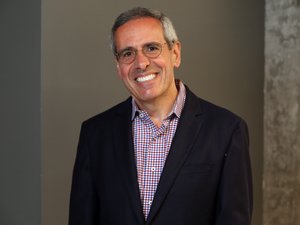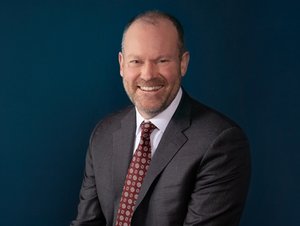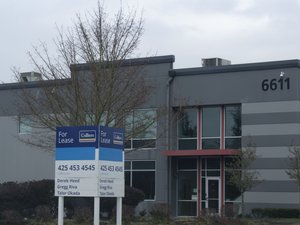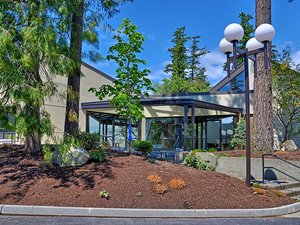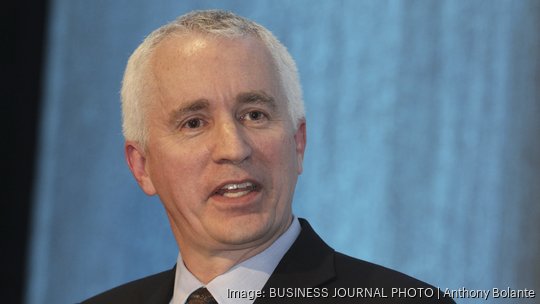
Seattle-based space resources company Interlune hopes to see you on the dark side of the moon.
On Wednesday, Interlune launched out of stealth with a total of $18 million in funding. The startup's initial goal is to extract helium-3, which is rare on Earth but plentiful on the moon, and bring it back to Earth to sell. Interlune's larger ambitions, however, include selling goods like water and rocket propellant as part of an in-space economy.
"Ten to 20 years out, we think there's going to be a thriving in-space economy," said Interlune co-founder and CEO Rob Meyerson. "But today, helium-3 is the product that's going to pay the bills."
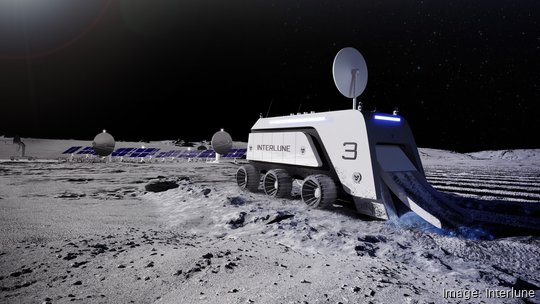
Interlune, founded in 2020, is focused on excavating, extracting and separating helium-3 rather than transportation to and from the moon. Meyerson said the company plans to rideshare with other expeditions to the moon, which is becoming cheaper and more routine. According to Meyerson, helium-3, or tritium, is plentiful on the moon but gets deflected away from Earth, and the only way to get it here is through tritium decay.
Interlune is targeting customers in quantum computing, national security, cryogenics, clean energy and medical imaging for helium-3. Meyerson didn't disclose any customers but said some have signed agreements.
He said Interlune plans to conduct a prospecting mission as early as 2026, but the company won't bring back samples. In 2028, the company wants to complete a pilot mission in which it will bring back some helium-3. Interlune wants to conduct full operations and bring back several kilograms in 2030.
Related coverage
Meyerson said Interlune has about 10 employees right now, with most of the team based in Seattle. The company plans to have about 30 employees a year from now. Meyerson helped lead Blue Origin as president starting in 2003 until his departure from Jeff Bezos' space company in 2018. The company grew from less than a dozen employees to more than 1,500 during his time there.
Interlune has a temporary office in downtown Seattle. Meyerson said the company is looking to find a more permanent space somewhere in the Seattle area this year.
Other founders of the company include Harrison Schmitt, an Apollo 17 astronaut, and longtime aerospace executive Indra Hornsby.
Seven Seven Six led the most recent tranche of funding, a $15 million haul first spotted in a February regulatory filing. Aurelia Foundry Fund, Gaingels, Liquid 2 Ventures, Shasta Ventures and University of Michigan alumni have also invested in Interlune.
Looking ahead, Meyerson said there is a growing ecosystem committed to commercial purposes and science in space.
"There's other companies that are focusing on being the gas stations in space, and we want to support them," Meyerson said. "The moon is for everyone."
